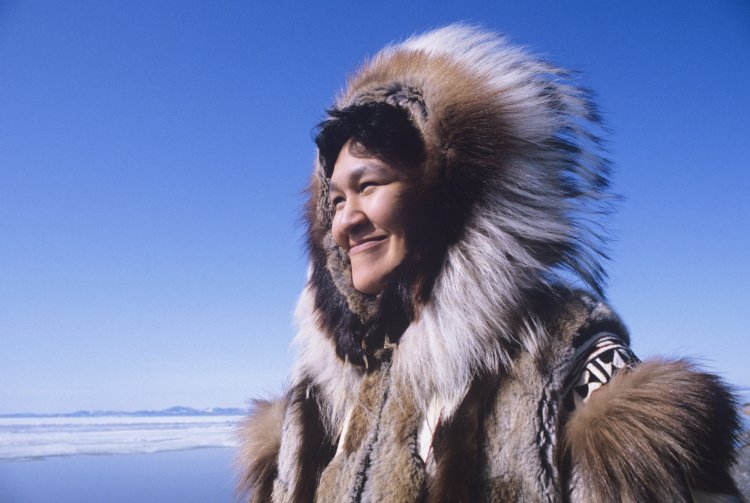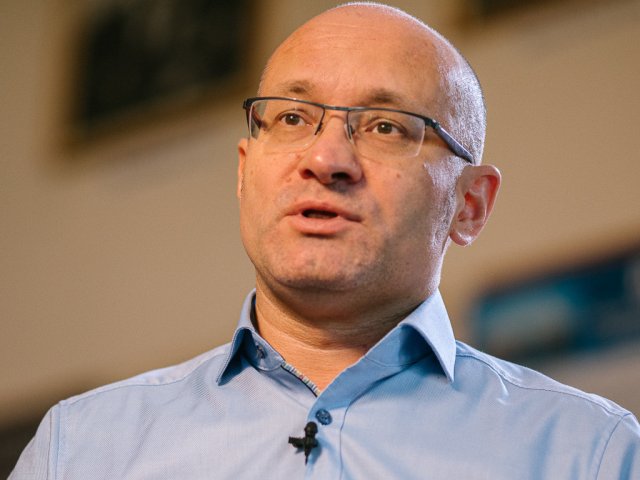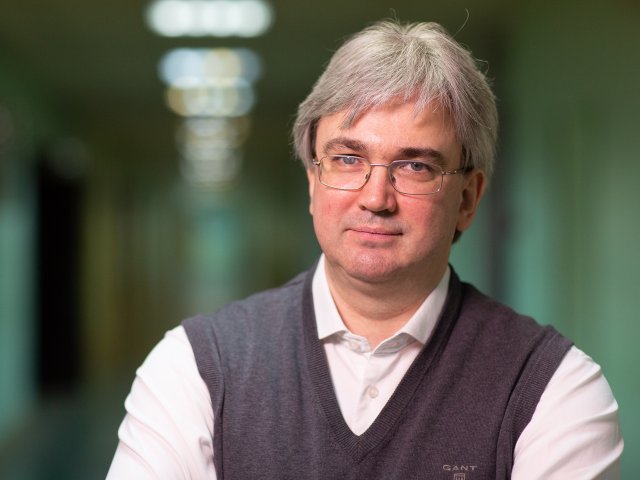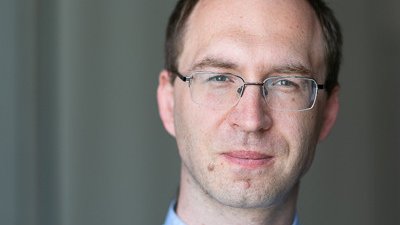According to various data, there are between 370 million and 470 million people in 90 countries around the world who belong to various indigenous peoples. The indigenous peoples preserve and represent a great richness of unique cultures, traditions, languages, and knowledge. They have special relations with their lands and follow specific ways of development that are based on their own vision and priorities. August 9th is the International Day of the World's Indigenous Peoples.
On August 9, 1992, the first meeting of the Working Group on Indigenous Populations of the Sub-Commission on the Promotion and Protection of Human Rights took place. Specifically, it was said as follows: “On this International Day of the World's Indigenous Peoples, we celebrate the richness of indigenous cultures and the exceptional contributions they make to the family of the world's peoples. We must be mindful of the tremendous challenges faced by many indigenous peoples, from the intolerable levels of poverty and disease to dispossession, discrimination and the denial of fundamental human rights.”
Each year a new theme is set for Indigenous Peoples' Day. The UN General Assembly has proclaimed 2019 as the International Year of Indigenous Languages, reminding us of the critical issue of the loss of such languages and the need for preserving and restoring them.
The year 2020 brought to the fore Indigenous people's lives under the COVID-19 pandemic. This pandemic has revealed and exacerbated many existing inequalities, having a greater negative impact on those populations already suffering from poverty, disease, discrimination, or financial insecurity. This included a significant impact on the world's indigenous peoples.
The theme for 2021 is “Leaving No One Behind: Indigenous Peoples and the Call for a New Social Contract.” Social contract is a tacit agreement that is made by society to cooperate and obtain mutually beneficial social and economic conditions. In those countries where indigenous peoples have been expelled from their historical lands, their cultures and languages have been denigrated, people have been excluded from political and economic activities, and these peoples have not been included in the social contract. On the International Indigenous Peoples' Day, the UN reminds about the inclusion and creation of a system that will provide equal social and economic benefits to all peoples.
In Russia, small indigenous peoples live on the lands inhabited traditionally by their ancestors and keep their traditional ways of life, economy, and trades. Some 50,000 people in Russia are self-identified as independent ethnic communities; there are 47 ethnic groups, 40 of which are indigenous communities of the North, Siberia, and the Far East. They live in over 30 regions of Russia and over 65% of them live in rural areas.
Photo: moodboard / ru.123rf.com
Based on the UN materials, Parliament Newspaper






















